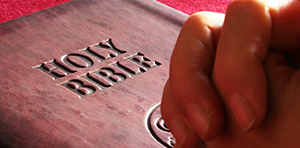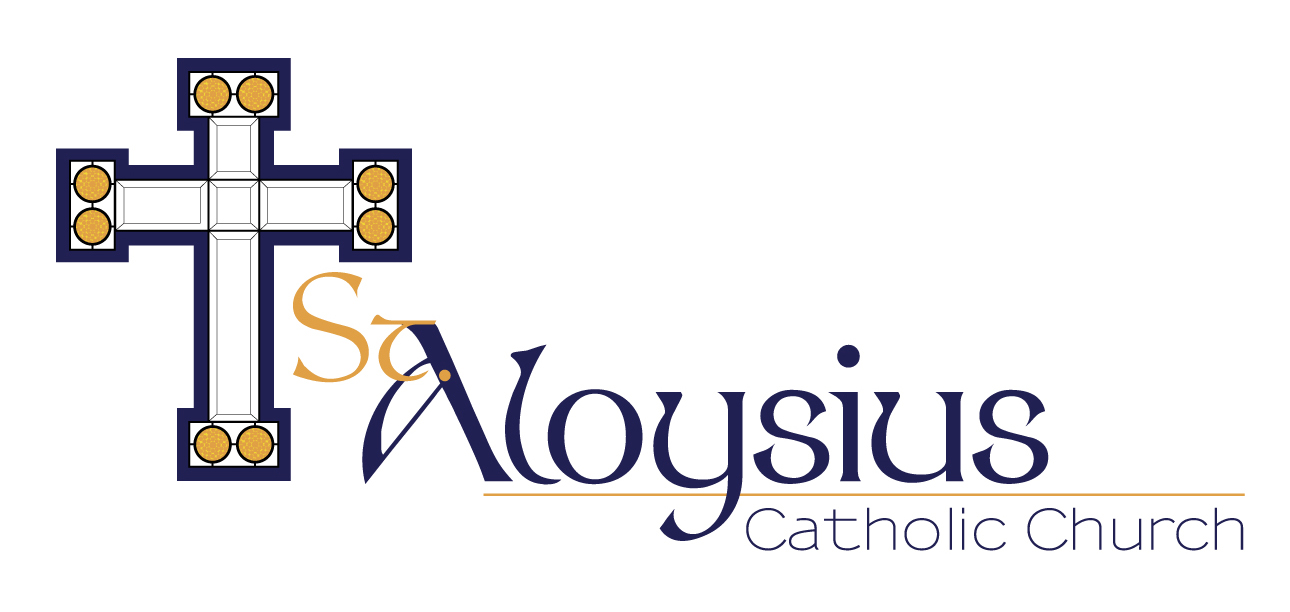RCIA FAQ

RCIA (Rite of Christian Initiation of Adults) is the process through which adults enter into the Catholic faith. RCIA is a spiritual journey and consists of various phases and rites that are designed to help a person consciously discern formal entrance into the Catholic faith. The person’s spiritual growth is encouraged and enhanced through weekly reflection on God’s Word and Church teachings, doctrine and traditions.
At St. Aloysius, our process begins in June with an Introductory Brunch, where the RCIA team explains the RCIA process and answers any questions pertaining to Catholic faith. The RCIA director meets with interested persons throughout the summer and registers those interested in attending class. The process formally begins in September. RCIA members meet on Sunday from 9:45 a.m. to noon in Clare Hall, to explore further the teachings, doctrines and traditions of the Catholic faith. Childcare is available. After class, RCIA members attend the Noon Mass as a group. Generally, RCIA members who decide to become a full member of the Catholic Church are welcomed into the community at the following year’s Easter Vigil liturgy. Newly initiated Catholics continue to meet formally until Pentecost to reflect on their experiences at the Easter Vigil, to learn more about the scriptures and teachings of the Catholic Church, and to consider how they will serve Christ and help in the Church's mission and outreach activities.
Some RCIA members may need to complete additional steps prior to becoming a new member such as securing a marriage annulment or validation, or obtaining permission from certain Orthodox Christian faiths. The RCIA director and pastor will assist members with special circumstances.
This journey of faith is an opportunity for baptized adult Catholics to complete their Sacraments of Initiation — Eucharist and/or Confirmation. It is also an opportunity for the adult Catholic who has completed his or her Sacraments of Initiation and wishes to learn more about their faith.
The RCIA director at St. Aloysius oversees the RCIA program. The director is supported by an RCIA core team of members who serve as teachers, hosts, catechists, sponsors, and candidate coordinators. Team members assist in the class sessions by presenting instruction on Catholic doctrine and by sharing their personal experiences of living the Catholic faith.
The faith and moral teachings of the Catholic Church focus on the doctrines of the faith. RCIA members are exposed to the Gospel message each week, with additional information provided from the Catechism of the Catholic Church.
RCIA is a journey, which gently leads adults—those unbaptized and those baptized Catholic or in another faith tradition—into a deeper relationship with Jesus Christ within the Catholic Church. It is a time of discernment broken up into four distinct stages.
• The Period of Evangelization or Precatechumenate: A time of inquiry and reflection to help discern God’s call. Weekly sessions provide the inquirer with a better understanding of the teaching of Christ, the foundation of the Catholic Church. At the conclusion of this period, inquirers are invited to participate in the Rite of Acceptance (for unbaptized inquirers) or the Rite of Welcoming (baptized Catholics or those baptized in another Christian faith tradition), asking to become catechumens (unbaptized inquirers) or candidates (previously baptized inquirers), and requesting membership in the Church.
• The Period of the Catechumenate (Candidate Catechesis): A deepening of faith centered around the study of, sharing of and reflection upon the Sunday Gospel readings with the intent of full initiation into the Catholic Church. This includes participation in the class sessions and attending Sunday Mass. This period concludes with the Rite of Sending and Rite of Election.
• The Period of Purification and Enlightenment (if unbaptized) or Call to Continuing Conversion (if previously baptized): Final preparation for the Sacraments of Initiation (Baptism, Holy Eucharist, Confirmation). The catechumens (now called “the elect”), candidates, and the entire parish community are called to reform their lives according to the demands of the gospel. This period, marked by soulful prayer and reflection, concludes with the reception of the Sacraments of Initiation. Those adults who have made the decision to become full members of the Catholic Church receive the Sacraments of Initiation at the Easter Vigil liturgy. The new members, called Neophytes, are now part of the larger Catholic family.
• Mystagogy (Leading into the Mysteries): This is a time for the community and newly initiated Catholics to grow together to gain a fuller and more effective understanding of the mysteries through the gospel message and through the experience of receiving the sacraments. Typically this includes meeting for a few Sundays after Easter to reflect further on the process and to continue growing in faith. It is an introduction to the ministries and parish life. Mystagogy is the beginning of a lifelong pilgrimage. It is a continuous conversion of heart, mind and spirit as we strive to be closer to Christ.
The amount of time spent in each stage of discernment is dependent on the individual’s needs and feelings. Conversion occurs in God’s time, not ours. The decision to join the Church rests with the inquirer.
Many converts experience a return to the roots of Christianity when they join the Catholic Church, as our faith originates from the unbroken traditions established by Christ with his apostles. They find unity and consistency between our beliefs and practices and the Gospel message. They are inspired by the lives of the saints, and other outstanding believers in Christ. They also find joy in the Sacraments, God’s gift of abundance to us all. The sacraments are the strength of the Church and a focal point of our Catholic Christian lives. Sacraments of the Catholic Church occur through signs and rituals, which affect grace (gift) from God through the Church. We believe the sacraments confer God’s assistance in our attempts at holiness. Marriage and religious vocations, which are not sacraments in most other Christian churches, are sacraments in the Catholic Church.
Catholics believe that marriage is a sacred covenant, freely entered into by mature individuals. When both persons are baptized, we also believe that this sacred covenant is a sacrament. Sacred scripture clearly teaches that marriage should be faithful, fruitful, and permanent. Because of these beliefs, the Catholic Church requires that Catholics be duly prepared for entering into this sacred union. For a Catholic to be validly married and eligible to receive the Eucharist, a Catholic priest or deacon must witness the marriage, unless they have received dispensation from this form. The Catholic Church recognizes as valid all marriages of non-Catholics, if this is the first marriage for both persons. However, when prior marriages exist, the Church is very concerned about helping individuals become eligible for receiving the sacraments in our Church. This is accomplished by presenting a petition for annulment of all prior marriages. Our parish priest will assist anyone preparing his or her petition to our Diocesan tribunal. His assistance is free and confidential; the diocese may charge a filing fee. The length of time for the tribunal to process this petition varies in each case. Much depends upon the presentation of all necessary documents — e.g., marriage licenses and divorce decrees — and the cooperation of witnesses designated by the petitioner to provide information (two are required). Using this information as the basis for the question of prior marriages, a favorable decision from the tribunal is necessary before one is eligible to receive sacraments in the Catholic Church. After such a decision, a renewal of marriage vows is also required, thus sacramentalizing the present civil marriage. When this has been completed, then reception into the Catholic Church can take place. If the present spouse is Catholic, then that Catholic is eligible for the sacraments, as well. If a divorced person wishes to join our Church and they are currently living a single life, there is no impediment to joining the Church. If there is some intention to marry again, a petition for annulment should be prepared and submitted, as the future union would have to be witnessed by a Catholic priest.
Contact the RCIA Director at the Parish Office by phone at 419-352-4195 or email at rcia@stalbg.org. The RCIA director will contact you for an appointment to explain the process and provide information about becoming a member of the Catholic Church. The RCIA director can also send you information in the mail or by email regarding the RCIA process. If you’d like additional counseling you may make an appointment with the pastor. Contact the Parish Office to schedule an appointment.
